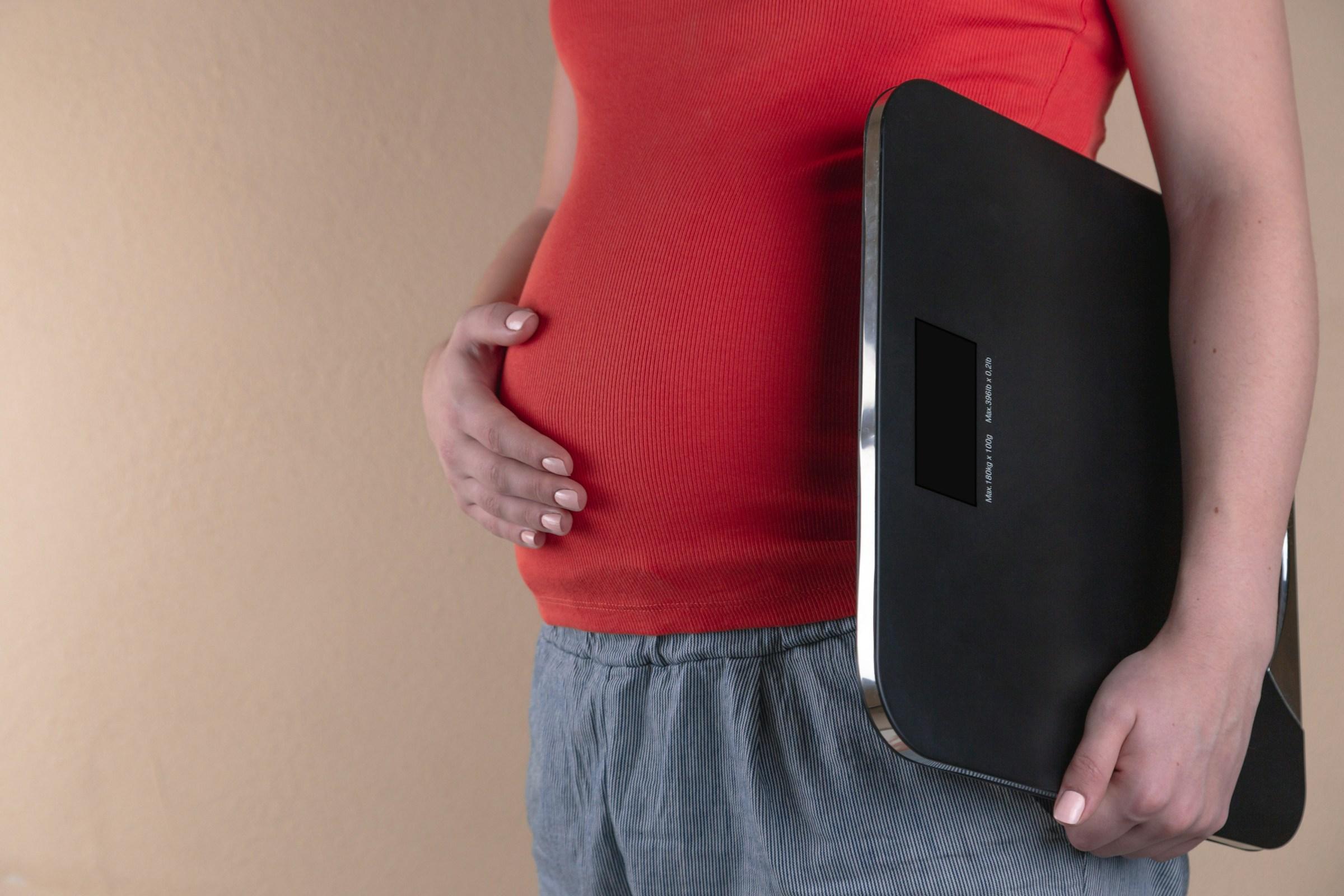Solo travel is freedom with variables, and every variable carries weight. You choose the city, the pace, the budget, and the rhythm of each day, but you also accept the responsibility that a group would normally share. The point is not to fear your own company. The point is to build enough margin that you can enjoy the place in front of you without second guessing every step. Margin is the quiet buffer that turns unknown streets into workable streets and turns surprises into stories instead of crises.
The greatest risk in traveling alone begins with context. You arrive with the rules of home still running in your head, and those rules do not always apply. A glance that means nothing in one country can be an invitation in another. A lane that seems calm can be a blind corridor once the shops close. The simple solution is to buy yourself an acclimation window. For the first couple of hours in any new city, slow down. Let your feet learn the pavement. Watch how people cross roads, where they gather, how they queue, and when they move on. That small pause trains your attention to the local rhythm and reduces the errors that come from moving too fast with the wrong map in your head.
Health risk rarely announces itself with drama. It creeps in through sleep debt, heat, cold, and a schedule that asks for more than your body can give. Many solo travelers try to wring the most out of every hour, and that is exactly when decisions get sloppy. Sloppiness makes you an easier target and it also makes you unfair to yourself. Give your body a reset before you chase the city. Eat something simple, drink water, take a hot shower, stretch, and sleep if you land late. Tackle the complex navigation in the morning when you are fresh. You will enjoy more and remember more because the mind learns best when the body is not grinding.
Social risk often carries a friend’s voice in the background, the same one that would pull you home in a group. Alone, you are the committee and the exit plan. Invitations from strangers, free drinks, and late night detours are not automatically dangerous, but they are heavier when you have no one to tap your shoulder. One rule keeps the balance. If the plan depends on a stranger for a safe exit, do not take the plan. You can be warm, curious, and friendly while keeping your exit in your pocket. That is not cynicism. It is stewardship of your own trip.
Money introduces its own traps. Cash that flashes at the wrong moment, a long card authorization that locks up your budget, a hotel deposit that eats your available credit, or a random surcharge at a kiosk you did not expect. The cleaner your payment system, the calmer your day. Carry smaller amounts of cash in two places instead of one. Use a travel card you can freeze in seconds and set transaction alerts that ping you for anything that breaches your comfort level. Expect deposits on rentals and hold a small float so one authorization does not strand you. You are not trying to outsmart every scam. You are trying to remove friction that you can control.
Digital life is both a shield and a weak point. Your phone is your map, translator, ticket, and wallet. Treat it like a passport. Keep it on your body, not loose on a cafe table facing the street. Disable auto join for public networks and use a hotspot or an eSIM instead. Lock your device with a passcode and prevent account changes without that code. Back up photos and documents before you leave home. If the worst happens and your phone vanishes, you want a minor disruption rather than a trip that dissolves in your hands.
Transport risk is simple math. The more hops you build into a day, the more points of failure you add. Compress where you can. Fewer transfers. Daylight moves when possible. If a leg looks fragile, add buffer and patience. Sit where you can watch your bag, and photograph your luggage before you board so you can describe it without fumbling. Use official apps or kiosks and share ride details with someone you trust. In the rare case that a route feels off, end the ride in a bright area and walk away with your bag. A calm exit beats an argument.
Legal trouble is nearly invisible until you step into it. Entry and exit rules, medication restrictions, drone laws, and protected zones are not designed to be intuitive to a visitor. You do not need to memorize a handbook to stay safe. You need three things before you fly. Know your entry and exit requirements for your passport. Confirm that any medication you carry is permitted in both active ingredient and dose. Save local police and emergency numbers under clear labels so you can tap them under stress. When pressure rises, memory shrinks. Your phone should carry the part your memory cannot.
The psychological toll of long days alone is quieter than the dangers that make headlines. Too much silence can turn into a fog that blunts appetite and curiosity. Novelty can tilt into anxiety when you are tired. A traveler with steady anchors rides over these dips. Keep one movement anchor each morning. Walk, stretch, run, or do ten minutes of body weight work at the same time. Keep one connection anchor each evening. Send a message to a friend or family member at a consistent hour. Routine and contact reduce noise in the nervous system. With less noise, you notice more of the world you actually paid to see.
A trip becomes safer when you turn habits into a small protocol. Before you leave your room, look for the same few items and say them out loud if you have to. Phone, ID, card, cash, keys, backup payment, and a charged power bank. Photograph your passport page and your outfit. If something goes missing, you will have a reference. Plan your day in three natural blocks that fit the brain. Morning for navigation heavy goals while attention is high. Afternoon for experiences that do not punish mistakes, like parks, markets, and museums. Night for reset. Eat lightly, hydrate, set clothes for the next day, and spend ten minutes reviewing what went well and what you would change. That small review stops you from repeating the same avoidable error tomorrow.
Where you check your map matters. If a street feels off, do not freeze on the corner with your screen lighting your face. Walk to a brighter shop or a lobby, then check your route. If you need help, ask a uniformed worker or a family group. If you believe someone is following you, change direction twice and step into a busy store or a hotel. Tell the staff where you need to go and ask them to call a taxi. Saying your destination out loud also brings other ears into the scene.
Money safety at the street level is mostly about rhythm and posture. Withdraw smaller amounts more often. Use machines in bright areas and cover the keypad with your free hand. Carry a decoy wallet with small bills and expired cards so you have something to surrender if you feel pressured. Keep the real wallet hidden. Your ego might want to resist, but your priority is to step away intact and carry on with your day.
Rooms deserve the same attention as streets. When you first enter, prop the door with your foot, scan the bathroom, closet, and balcony if there is one, and test the lock and peephole. If you are moving often, keep your passport in an inside pocket of your day bag so that you are not constantly learning new safe combinations and forgetting them. If you choose to use the safe during a longer stay, photograph the code and store it in a secure note so you do not lock yourself out between breakfast and a train.
Food and water are not enemies. They are variables you can learn. Give your body twenty four hours to meet a new country. Choose a simple meal first, watch which stalls turn over food fast, and prefer those lines. Bottled or filtered water is a safe default until you confirm the local supply. In hot weather, add a pinch of salt or an electrolyte packet to a bottle during long walks. Many travelers blame one dish for an upset that was caused by dehydration and heat.
Nightlife is part of many great trips, and it is also the moment when boundaries do the most work. Decide your curfew and your alcohol limit before you leave the room. Keep your drink in sight or order a new one if someone else handles it. Share your live location with someone who knows your schedule. None of this makes you less open to the joy of a new place. It simply keeps your exit within your control.
Prepare for one truly bad day and you will save an entire week. Scan your passport, visas, and cards into an encrypted cloud note. Memorize one phone number you can dial from a borrowed phone. Keep a small cash stash where only you will look. If your bag or phone disappears, you want the next steps to be dull and procedural rather than frantic. A dull recovery is the mark of a good system. Scams are easier to escape when you refuse the frame. A neutral face and a short line are usually enough. No. I will go now. Repeat it and move toward light and people. Do not explain yourself to a stranger whose incentives are not aligned with yours. You are not in town to win debates.
Loneliness is not a verdict on your personality. It is a signal that the schedule needs structure. Book a daytime walking tour with reviews. Join a short class. Buy a day pass at a co working space. Schedule a call with a friend at the same time for three nights in a row. When structure returns, mood follows more often than not. Each arrival deserves a small reset. Drink water and eat protein within the first hour. Walk the block to map the area with your own eyes instead of relying on icons. Plan tomorrow before you fall asleep. That sequence quiets the nervous system and lets you start sharper.
You do not need a suitcase full of gear to feel secure. A tiny flashlight and a simple rubber doorstop shift leverage in a hotel room and add confidence after dark. The deeper truth sits beneath the objects. You are not trying to remove risk from travel. You are trying to right size it with habits that fit in your pocket and in your head. When risks are right sized, your attention returns to the plate in front of you, the sound of a street musician, the warmth of a harbor breeze. Precision beats bravado. Margin beats luck. Build a protocol that survives a bad day, and the rest of your days open up.



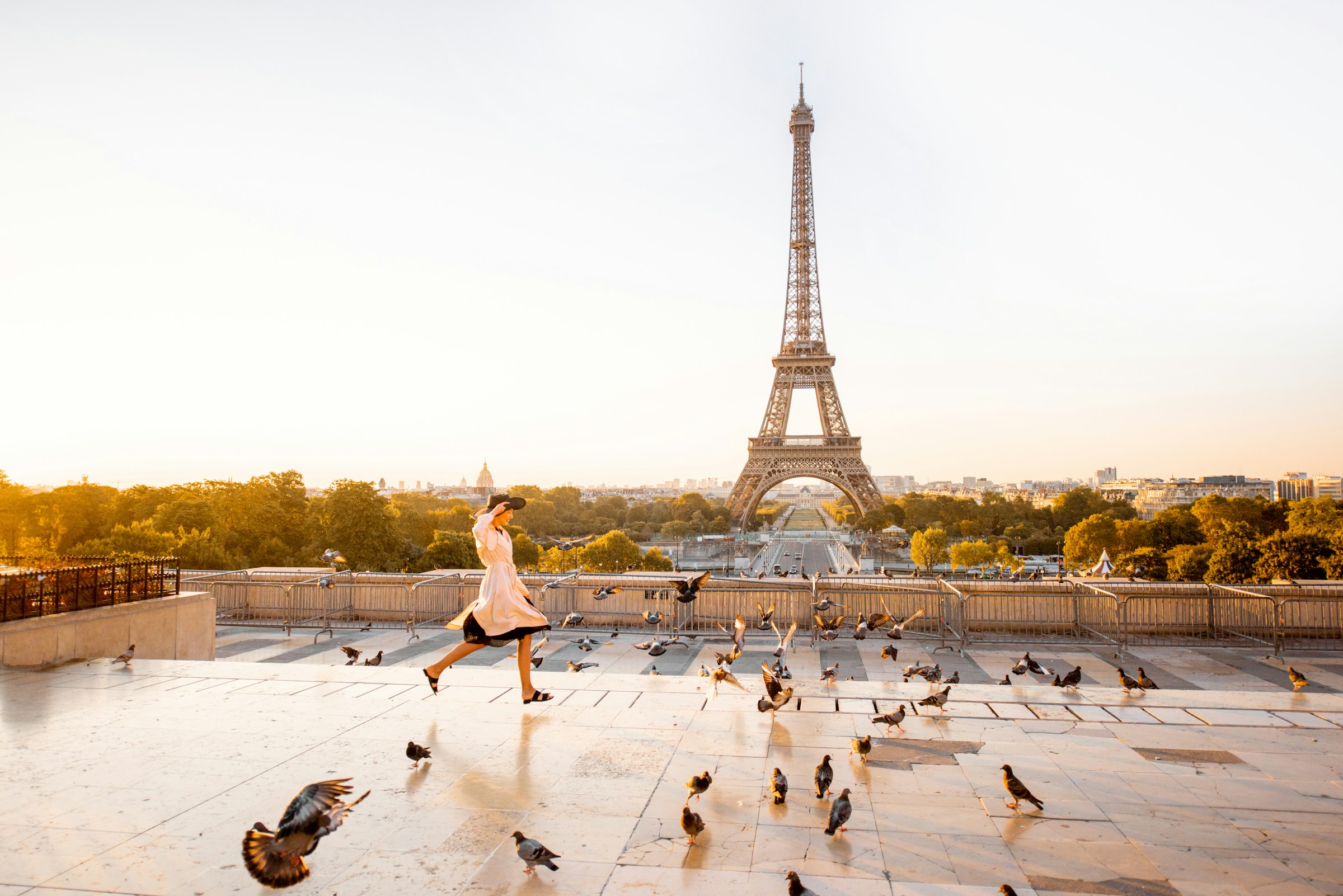
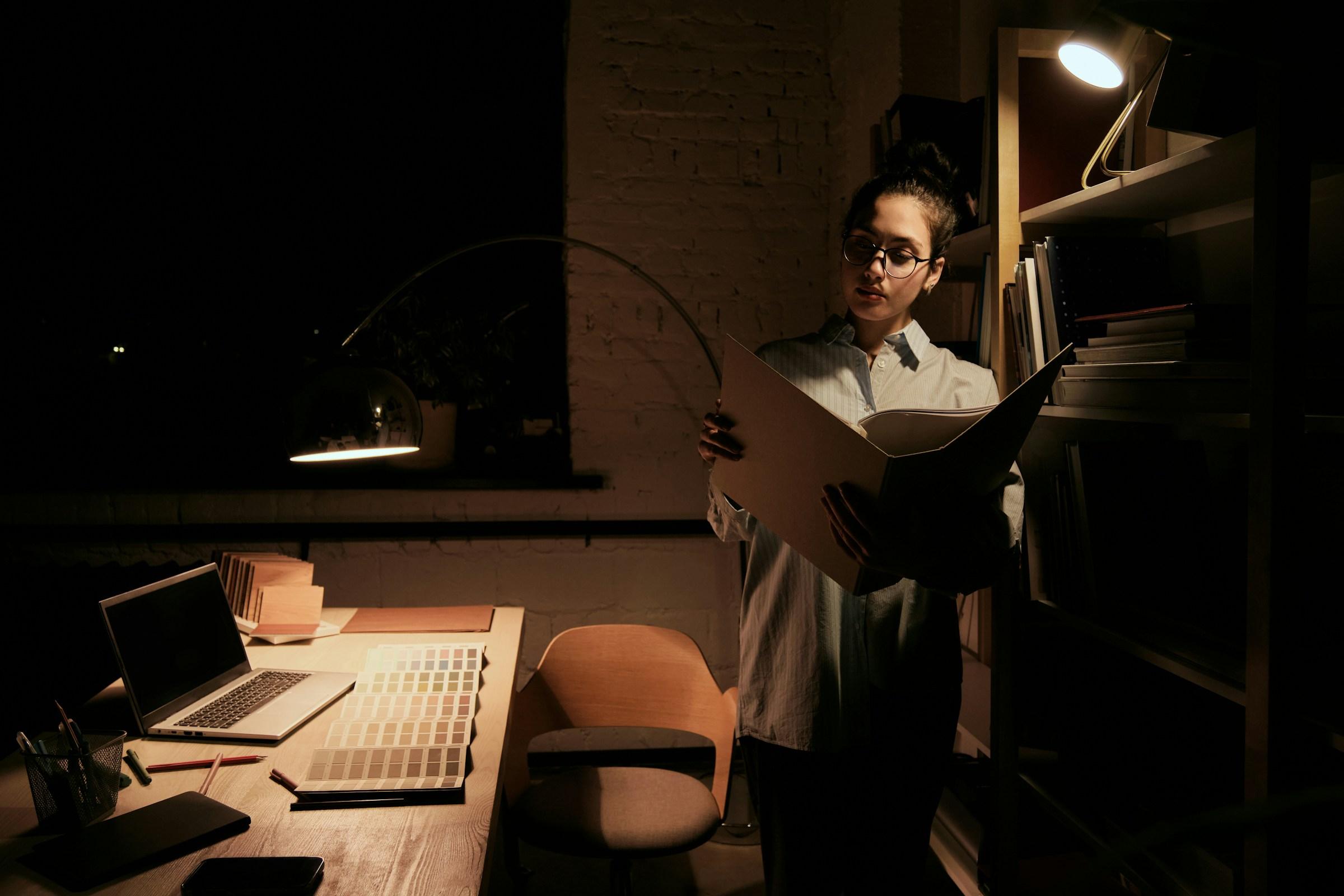
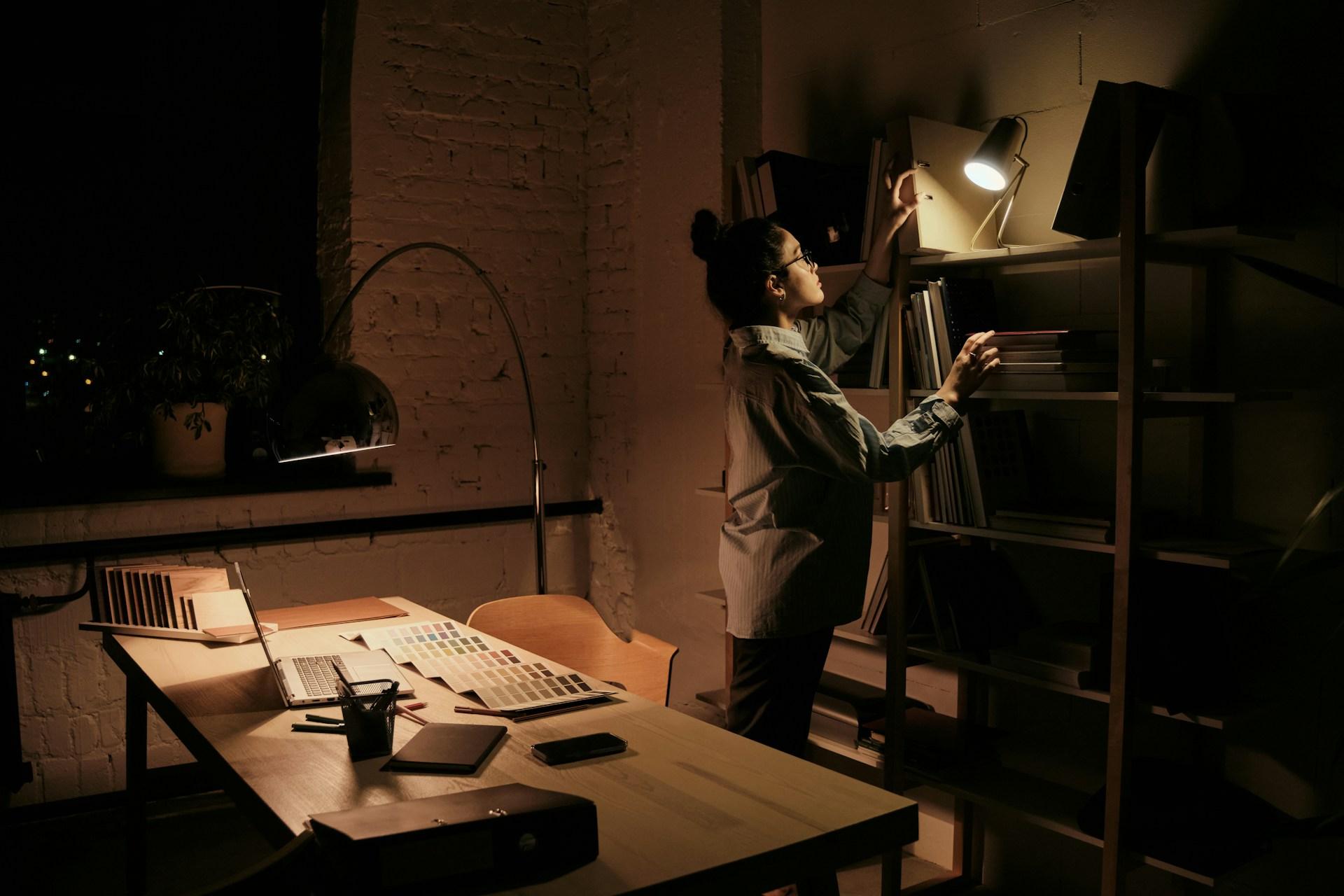
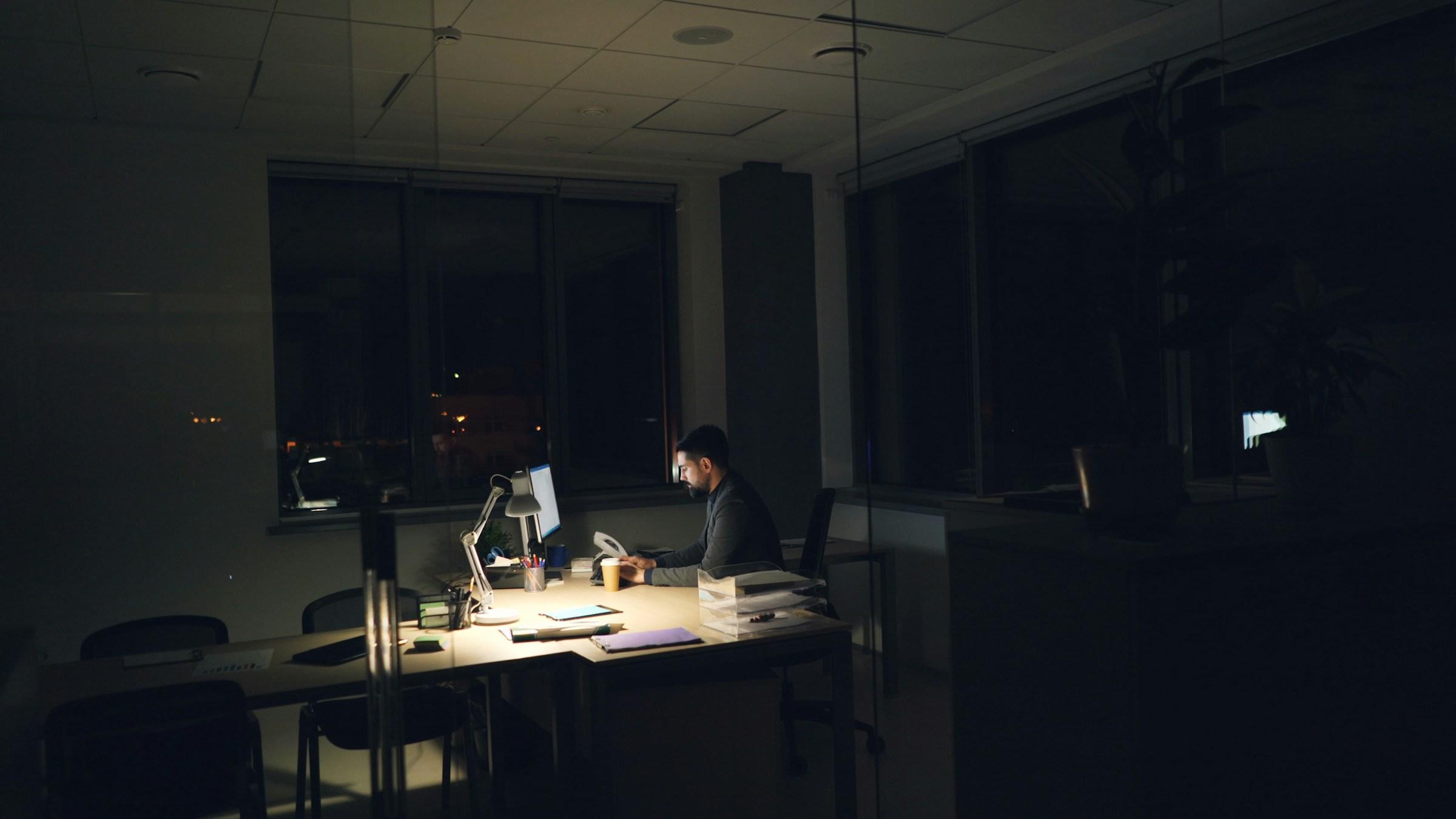



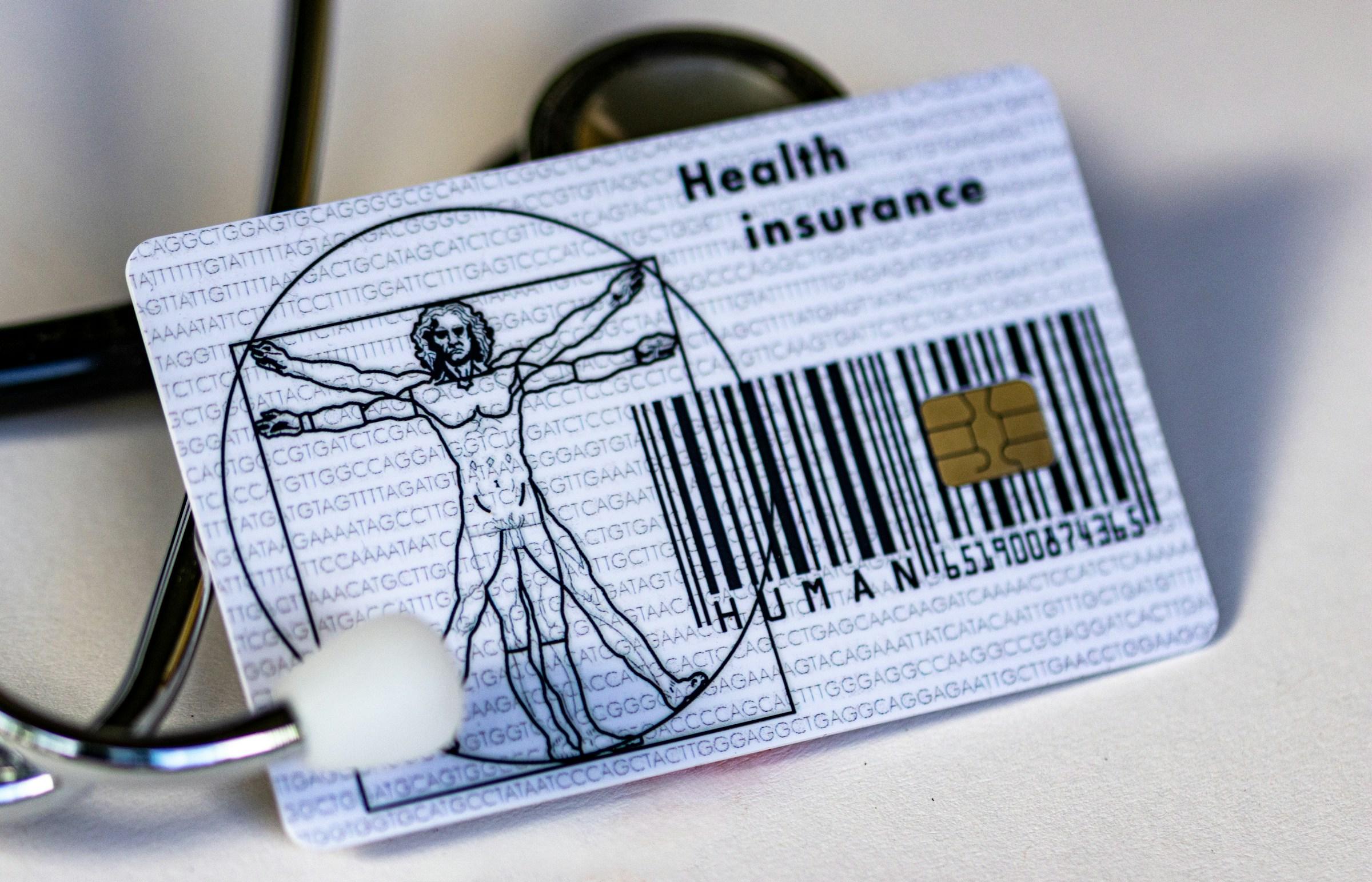
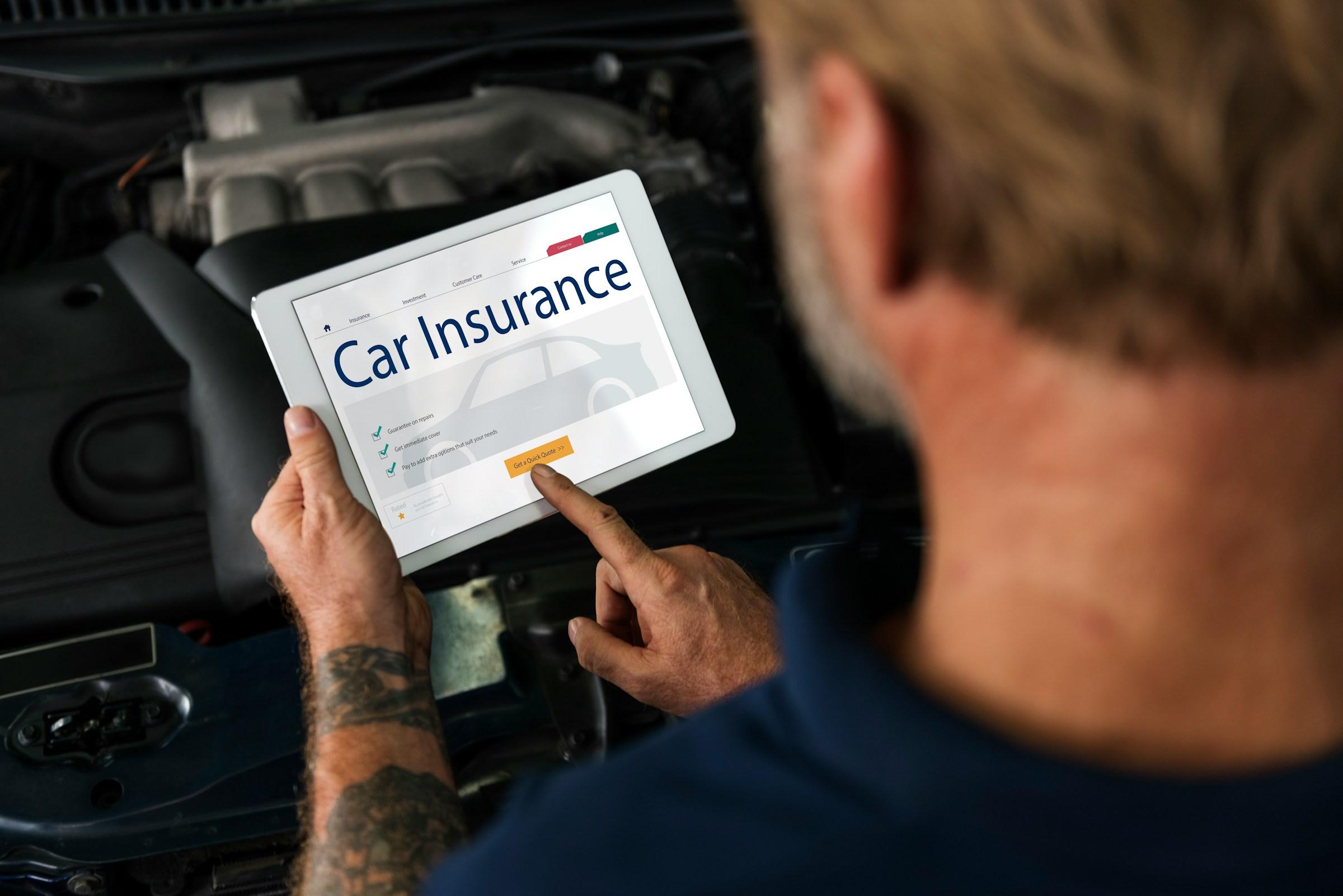
-7.jpg&w=3840&q=75)


